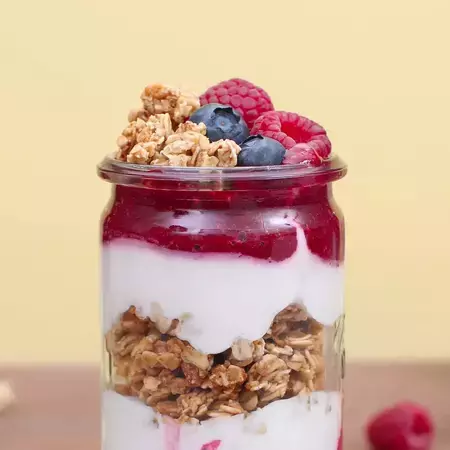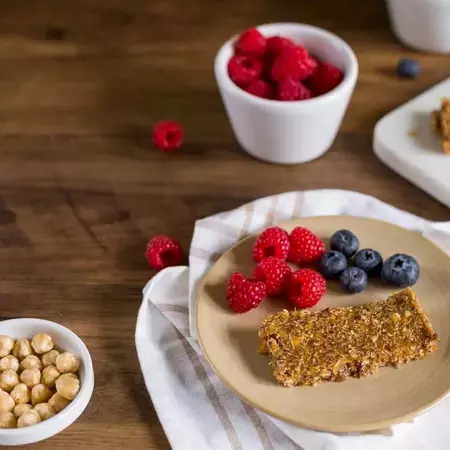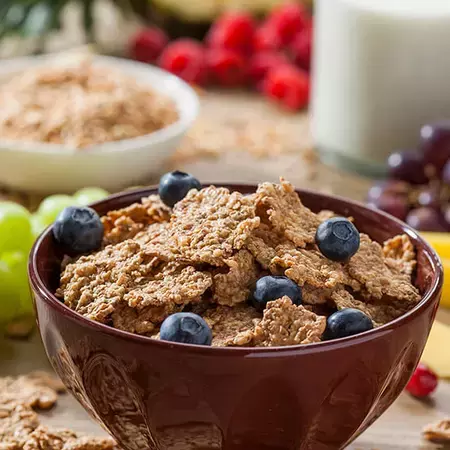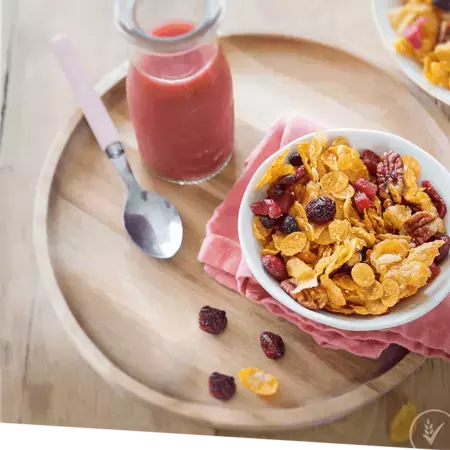They’re yawning. They’re rubbing their eyes. After a long night’s sleep, children should have a nutritious breakfast to get them up and running. It is highly recommended they get around 20% of their daily energy and a significant amount of nutrients, first thing.[1]
Looking for kid-friendly breakfast ideas that even picky eaters can get on
board with? Here are some inspiring breakfast recipes for kids to help you make the most important meal of the day, the most exciting one!
MIX AND MATCH CEREAL
Children can get bored of food faster than grown-ups can come up with new breakfast ideas for their kids. So, when creativity can’t keep up, mix and match! Go for a mashup of their favourite cereals to get them excited about the morning bowl of cereals.
Here are a few mix and match cereal ideas to get you started:
· SHREDDIES and CHEERIOS make an irresistible delicious pair and a satisfying crunch for breakfast time.
· CINI MINIS and SHREDDIES mix is full of flavour whole grain and tongue-tingling sensations.
BREAKFAST POPSICLES
If you’ve been telling kids popsicles for breakfast are a big no-no, you may want to change your mind. Homemade popsicles prepared with creamy Greek yoghurt, runny honey, summer fruits and your favourite cereals are a refreshing and delicious treat full of protein and fibre, and are a great, simple breakfast idea for kids. They won’t believe they’re allowed to have them for breakfast! Breakfast popsicles are so easy to prepare. Plus, you can save a lot of time in the morning by making them well ahead of time. Store them in the freezer, ready to be enjoyed first thing in the morning. Try making these popsicles!
BREAKFAST IDEAS FOR KIDS IN A HURRY
Trying to persuade the little ones to make peace with the breakfast in front of them is not a job for busy mornings. So, if you find yourself pressed for time, the trusted smoothie is the go-to trick that will save the day. It’s also a great way to hide any vegetables your children refuse to eat in their solid form. There are plenty of kid-friendly versions to try. Our CHEERIOS Blueberry Banana Cereal Smoothie is a delicious combination of fruit, milk and cereals, ready in five minutes tops! The result is an enticing purple frothy breakfast in liquid form, full of banana and blueberry goodness that children will gobble up in no time.
CEREAL TOPPING IDEAS FOR A KID-FRIENDLY BREAKFAST
This may be one of the easiest breakfast ideas for kids yet! Top up their favourite cereals with a cup of colourful berries. Add a dollop of yoghurt for extra creaminess. Why not sprinkle a bit of cinnamon on top too! The intense colours will definitely get your child’s attention, while the combination of flavours will keep them eating until the last spoon. A scoop of peanut butter on top of breakfast cereals is also a great way to add extra protein - a great addition to a kid’s breakfast. Combine it with dried fruit and watch as it all disappears in seconds. For even more inspiring, easy breakfast ideas, check out our delicious cereal toppings ideas!













